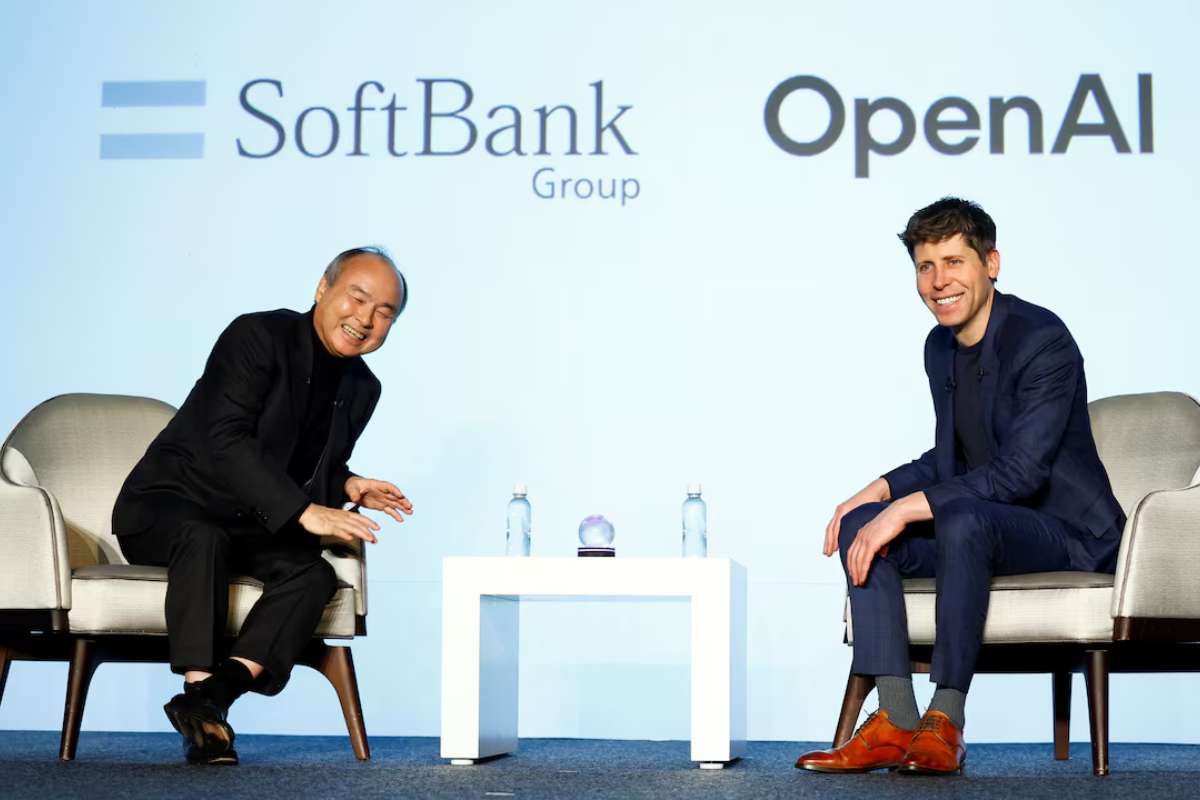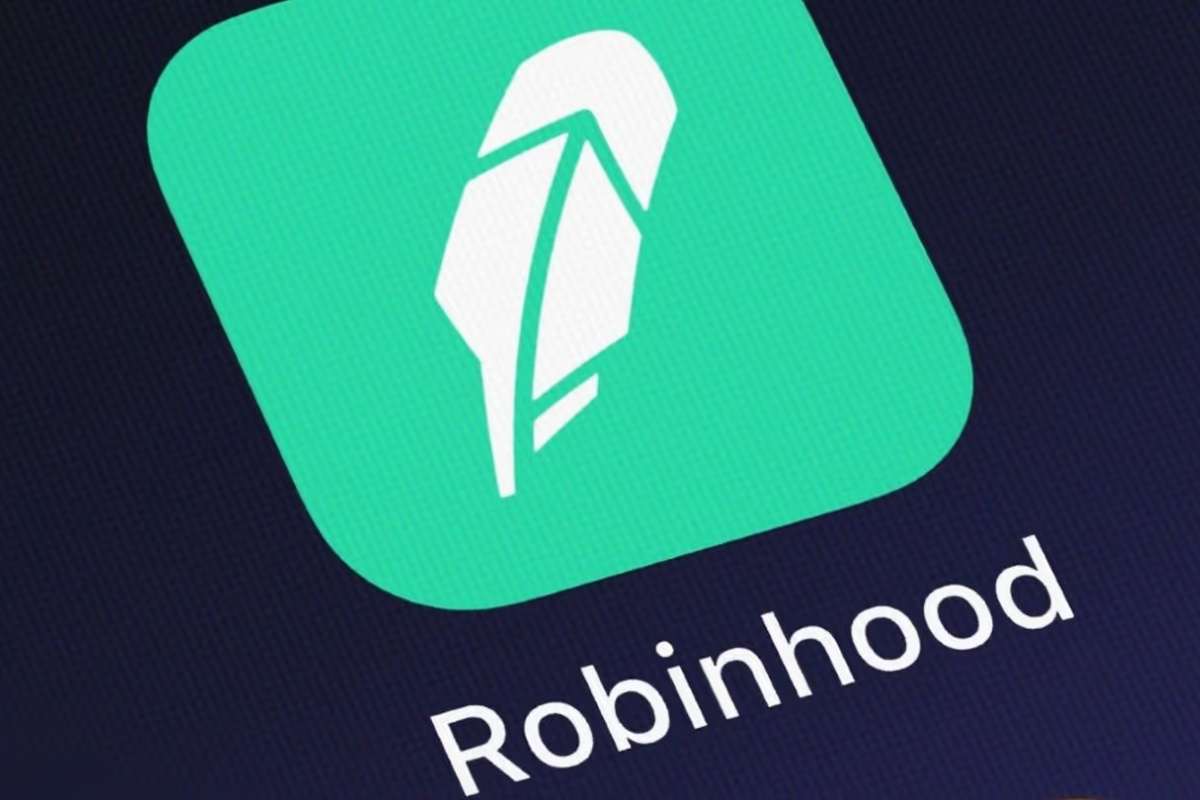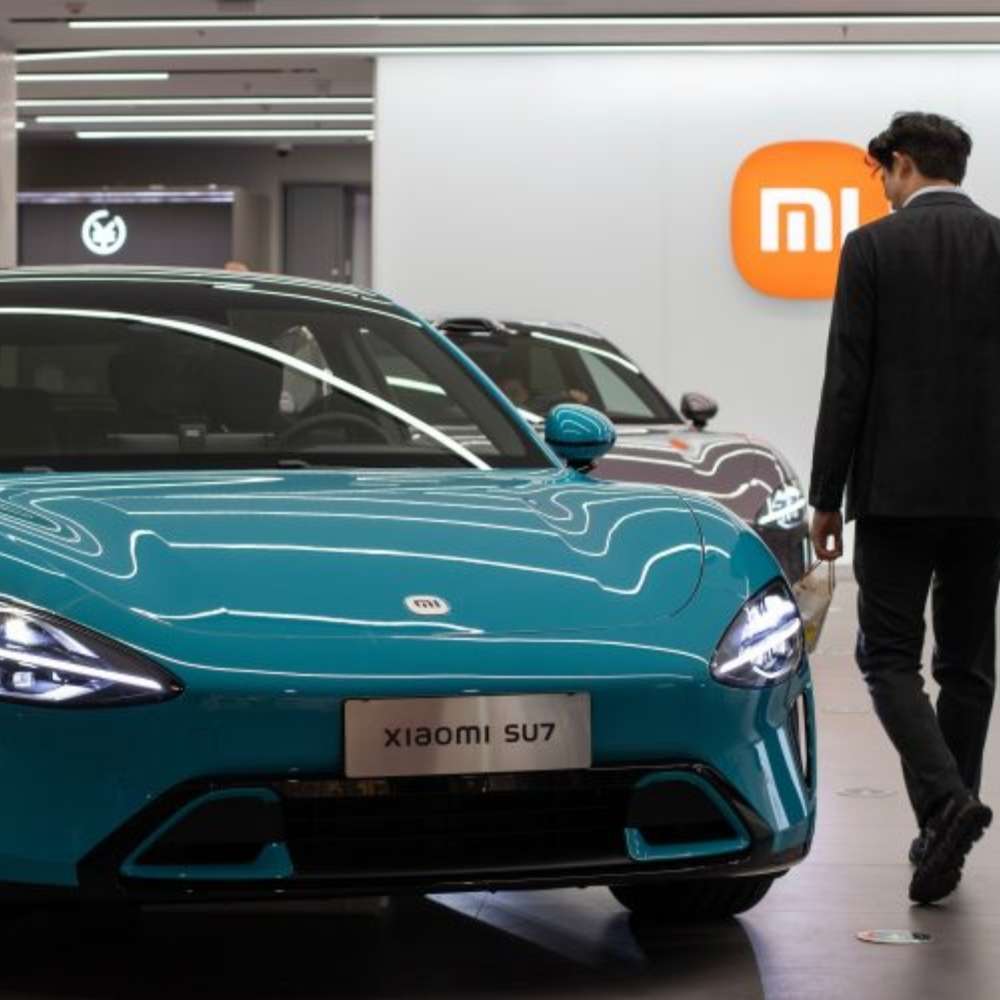(Souce – Techradar)
OpenAI Introduces SearchGPT
OpenAI announced the prototype of its new search engine, SearchGPT, on Thursday. This innovative tool is designed to deliver “fast and timely answers with clear and relevant sources” to users, and it promises to offer a more intuitive and conversational search experience. Currently being tested with a select group of users, OpenAI plans to eventually integrate SearchGPT into its ChatGPT chatbot, enhancing the functionality and user experience of the popular AI tool.
The OpenAI introduces SearchGPT signals a potential shift in the search engine landscape, where Google’s dominance has long been unchallenged. Since the debut of ChatGPT in November 2022, Alphabet, Google’s parent company, has faced investor concerns about the possibility of OpenAI encroaching on its market share by introducing new, innovative ways for users to access information online. OpenAI CEO Sam Altman expressed the company’s vision for revolutionizing search by making it more efficient and user-friendly, allowing people to engage with search engines naturally, akin to a conversation.
Impact on Google and the Search Market
The introduction of SearchGPT has already affected Alphabet’s stock, which saw a decline of more than 3% on Thursday, closing at $167.28, while the broader Nasdaq index dropped less than 1%. This market reaction reflects investor concerns about the competitive threat posed by OpenAI’s entry into the search space. The company aims to offer users a seamless search experience where they can ask follow-up questions and engage in a dialogue, setting a new standard for how information is accessed online.
In response to these industry shifts, Google has been making significant changes to its search offerings. In May, the tech giant launched AI Overview, which CEO Sundar Pichai described as the most substantial change in search in 25 years. AI Overview presents users with a summary of answers at the top of search results, enhancing the efficiency of information retrieval. Despite these advancements, the feature faced criticism due to its occasional inaccuracies and lack of an opt-out option, causing Google to experience some public backlash.
According to Daniel Faggella, founder and head of research at Emerj Artificial Intelligence Research, Google has been pressured by the rapid advancements in generative AI, causing it to fumble as it adjusts to the changing landscape.
OpenAI’s Strategic Moves and Multimodal Future
OpenAI introduces SearchGPT comes on the heels of its launch of a new AI model, GPT-4o mini, which is an offshoot of the GPT-4o model introduced in May. As the company’s most advanced and powerful model to date, GPT-4o demonstrates OpenAI’s commitment to leading the generative AI market while maintaining a competitive edge. Backed by Microsoft and valued at over $80 billion, OpenAI continues to innovate, even as it faces pressure to monetize its offerings amidst high operational costs associated with building and training AI models.
In recent developments, OpenAI has strengthened its leadership team with the hiring of two top executives and announced a partnership with Apple to integrate ChatGPT with Siri. Sarah Friar, former CEO of Nextdoor and finance chief at Square, has joined as chief financial officer, while Kevin Weil, previously an executive at Planet Labs, Twitter, Facebook, and Instagram, has become the chief product officer. These strategic hires are part of OpenAI’s efforts to solidify its position in the rapidly evolving AI landscape.
OpenAI’s push towards “multimodality,” which involves offering various types of AI-generated media, including text, images, audio, video, and search, within a single tool, highlights its commitment to comprehensive AI solutions. SearchGPT’s visual results are designed to provide users with a “richer understanding” of information, emphasizing the importance of integrating multiple modalities for a more engaging and effective user experience. As OpenAI Chief Operating Officer Brad Lightcap noted, the world is inherently multimodal, and OpenAI’s goal is to reflect this diversity in its AI offerings, thereby expanding the horizons of human-computer interaction beyond mere text-based exchanges.








